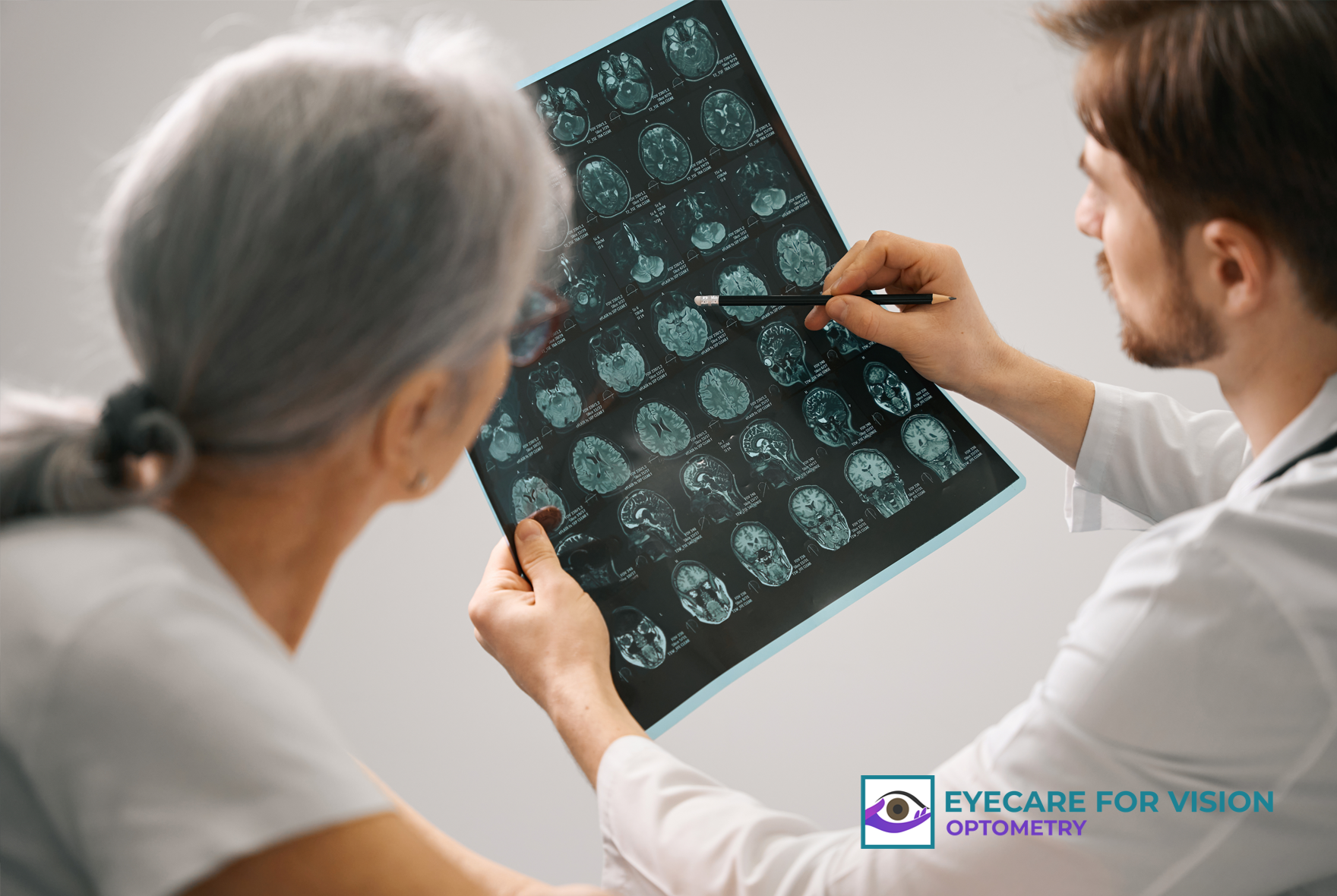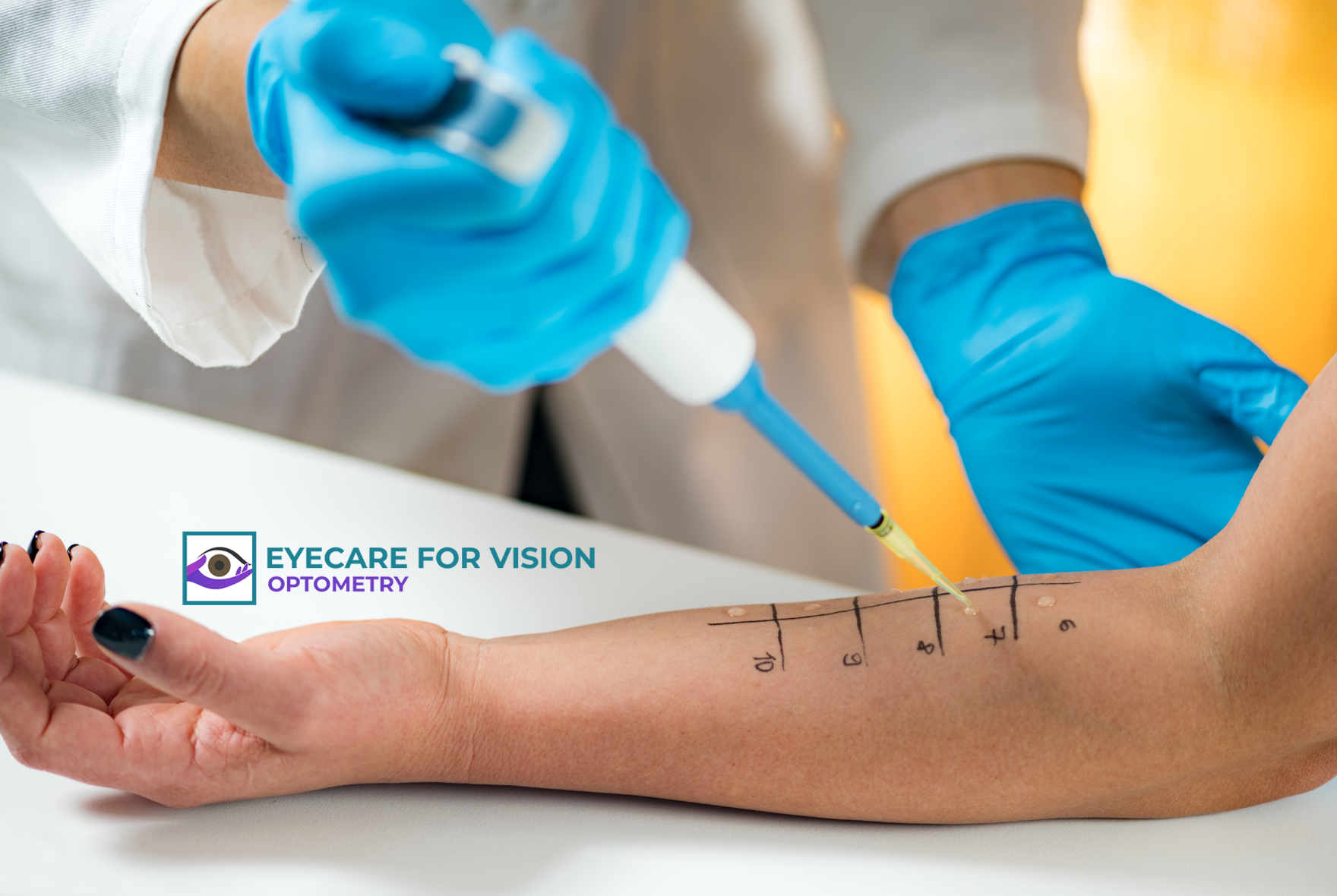Can Long-term Use of Certain Medications Affect My Vision?
TLDR
Long-term use of some medications can adversely impact vision.
Common symptoms include blurred vision, dry eyes, and increased pressure in the eyes.
Treatments vary; discuss options with your healthcare provider.
Recent studies indicate some medications are linked to specific eye conditions.
Lifestyle adjustments may help mitigate risks.
Consult an eye care professional if you experience visual changes.
Can Glaucoma Develop Even If I Have Normal Eye Pressure?
TLDR
Glaucoma can develop even with normal eye pressure, known as normal-tension glaucoma.
Comprehensive eye exams are crucial for early detection.
Symptoms may be subtle or nonexistent until advanced stages.
Treatment options include medications, laser therapy, and surgery.
Prevention tips involve regular eye exams and a healthy lifestyle.
Consult your healthcare provider for personalized advice.
Why Do My Eyes Feel Tired or Strained After Reading or Using Screens?
TLDR
Eye strain from screens and reading is common due to prolonged focus.
Symptoms include headaches, dry eyes, and blurred vision.
Treatments involve proper eyewear, screen breaks, and eye exercises.
Prevention tips: Maintain proper lighting and practice the 20-20-20 rule.
Recent studies highlight increased screen time's impact on eye health.
Consult your healthcare provider for personalized advice.
Can Eye Exams Detect Early Signs of Alzheimer’s Disease?
TLDR
Eye exams might detect Alzheimer's early by observing retinal changes.
Symptoms of Alzheimer's include memory loss and confusion.
Treatment focuses on managing symptoms rather than cure.
Eye health can hint at brain health; consult your healthcare provider.
Regular eye exams are important for overall health.
Can Autoimmune Diseases Affect the Eyes?
TLDR
Autoimmune diseases can affect the eyes in various ways, leading to symptoms like dry eyes, redness, and vision changes.
Conditions such as Sjögren's syndrome, rheumatoid arthritis, and lupus commonly have ocular manifestations.
Treatment options vary depending on the condition and can include medications, lifestyle changes, and specialty care.
Regular comprehensive eye exams are vital for early detection and management.
Consult your healthcare provider if you experience any new or worsening eye symptoms.
Can Lack of Sleep Cause Eye Problems?
TLDR
Lack of sleep can lead to eye problems such as dry eyes, blurred vision, and eye spasms.
Sleep deprivation may exacerbate existing conditions like glaucoma or diabetic retinopathy.
Treatment options include lifestyle changes, artificial tears, and comprehensive eye exams.
Consult your healthcare provider if experiencing persistent eye issues or changes in vision.
Prevention includes maintaining a regular sleep schedule and minimizing screen time before bed.
Are There Vitamins or Supplements That Really Help My Vision?
TLDR
• Certain vitamins and supplements may support eye health.
• Key nutrients include Vitamin A, Vitamin C, Vitamin E, Zinc, and Omega-3 fatty acids.
• Conditions like Age-related Macular Degeneration (AMD) may benefit from specific supplements.
• Consult your healthcare provider before starting any supplement regimen.
• Comprehensive eye exams are crucial for early detection of eye conditions.







